Listen to Joshua Tilton’s JP article, “‘Shake the Dust from Your Feet’: What Did the Apostles’ Action Signify?”
Audio JP: Gergesa, Gerasa, or Gadara? Where Did Jesus’ Miracle Occur?

Listen to Ze’ev Safrai’s JP article “Gergesa, Gerasa, or Gadara? Where Did Jesus’ Miracle Occur?”
Character Profile: Mary Magdalene
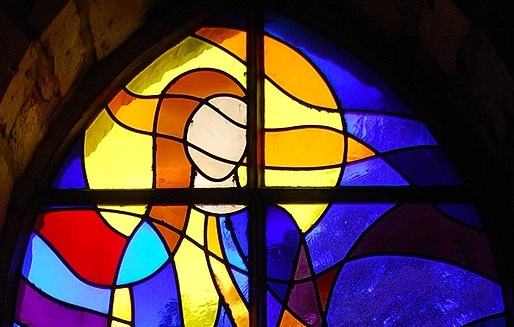
In place of accurate facts about Mary Magdalene, strange ideas and fabulous speculations have arisen that have diminished the true image of one of the most important women in the New Testament.
Notes on the New Testament as a Witness for Broader Jewish Patterns in Jesus’ Times
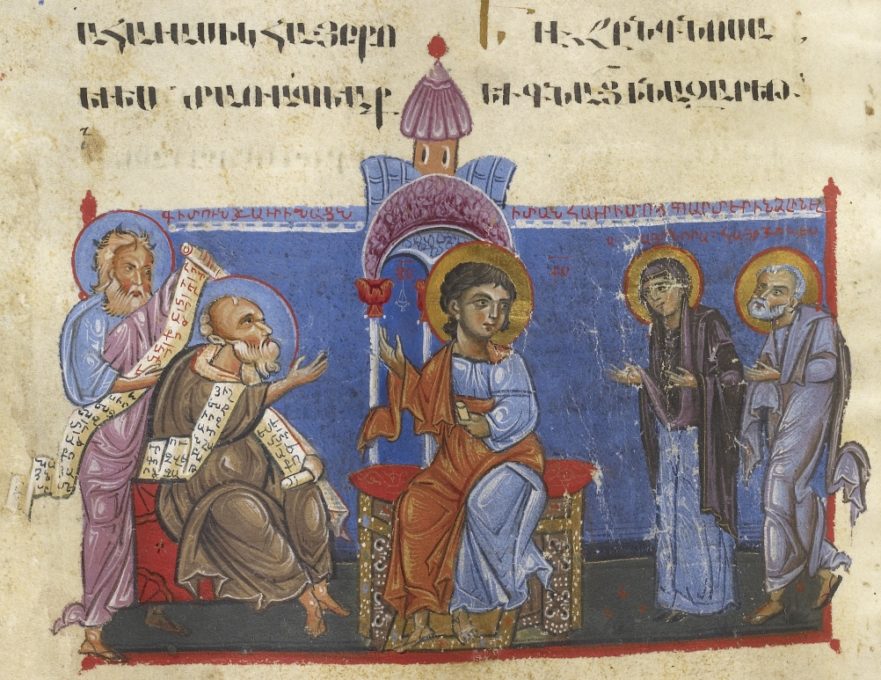
This essay probes a number of Matthean and Lukan contributions to the shared Synoptic narrative, in search of possible reflections of contemporaneous Jewish customs and beliefs with broader circulation.
Did Jesus Save the Life of an Adulteress?
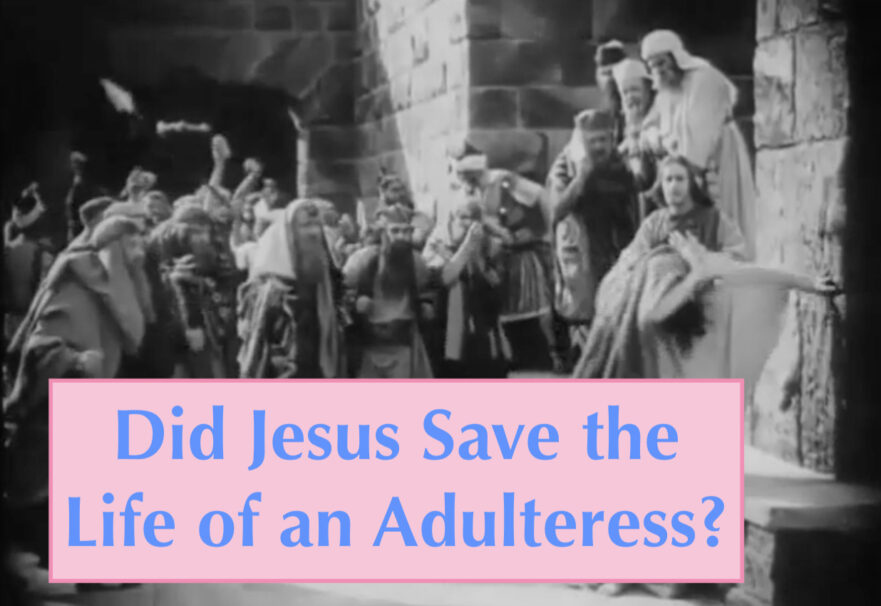
A fresh look at the text and at the historical evidence yields a version of the story of the Woman Caught in Adultery that turns out to be surprisingly different from the way it is usually portrayed.
Joseph’s Silence
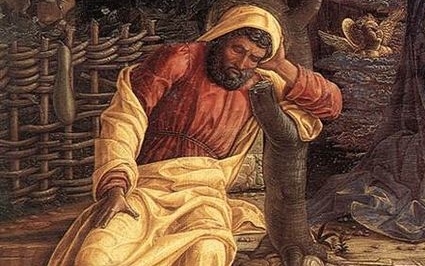
Scripture does not record a single word Joseph ever spoke. But Joseph’s example of quiet faithfulness encouraged others to trust God.
Gospel Postcard: The Garden of Gethsemane

The traditional location of the Garden of Gethsemane is on the lower slopes of the Mount of Olives opposite the Temple Mount and its Golden Gate.
An Almost Unknown Hanina ben Dosa Story and Jesus: Exemplars of First-century Galilean Hasidic Judaism
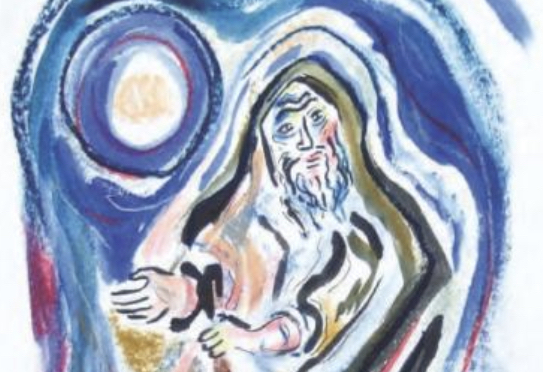
This story shows Hanina ben Dosa, one of the most important religious figures in Jewish history, exemplifying some of Jesus’ most profound and radical teachings.
The Priority of Luke: An Exposition of Robert Lindsey’s Solution to the Synoptic Problem
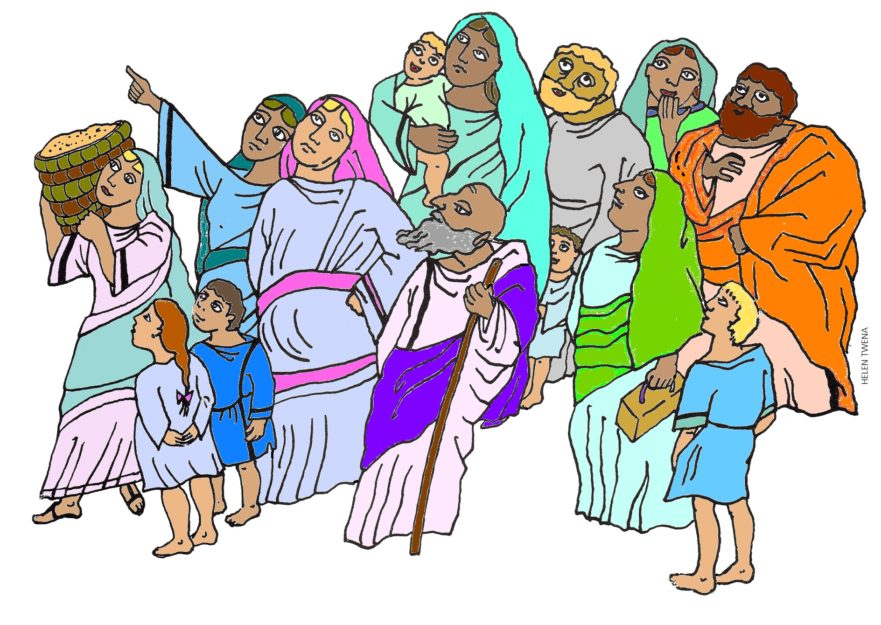
The pioneering work of Robert L. Lindsey deserves more serious consideration from the scholarly community than it has heretofore received.
Study the Synoptic Problem

Jerusalem Perspective (JP) offers a great deal of content relating to the Synoptic Problem (the problem of figuring out how the Gospels of Matthew, Mark and Luke are related).
Yohanan the Immerser Demands Repentance

In Yohanan the Immerser Demands Repentance John the Baptist challenges his audience, which had gone through all the trouble of going out to the Jordan River to receive his baptism, to accept his even more important advice: to repent of their evil deeds and imitate the faithfulness of Abraham their father.
Why Rabbinic Literature Is Pertinent to the Study of the Gospels
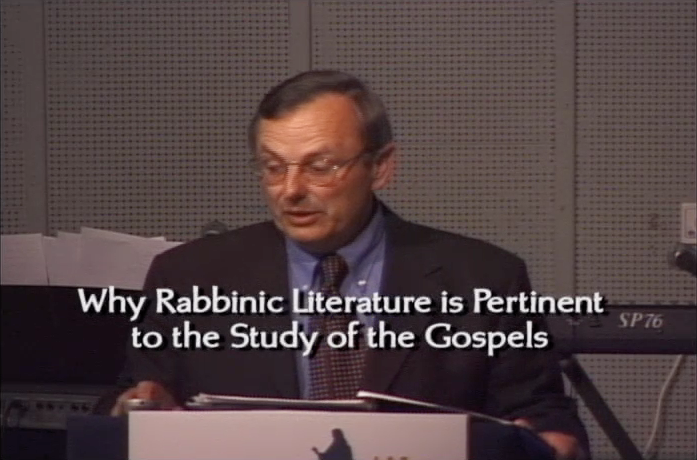
The complete 2006 lecture is now accessible to JP users. View now!
The New Testament in the Light of the Dead Sea Scrolls

The complete 2006 lecture is now accessible to JP users. View now!



